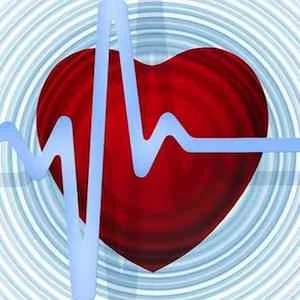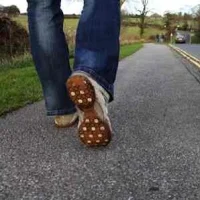Heart disease and stroke continue to be the number one killer of women in the U.S. One in three women die from heart disease and stroke every year. Death rates due to heart disease and stroke have declined among men but women's rates have declined at a much slower pace.
It seems that women still do not seem to have a personal connection to the disease as revealed by research presented at the American Heart Association's Scientific Sessions 2015.
See also: Cardiovascular Disease - UK's No. 1 Killer among Women
According to a survey conducted by the Women's Heart Alliance, adult women who knew another woman with heart disease were 25 percent more likely to be concerned about it themselves and only 19 percent more likely to bring up the issue of their heart health with their doctors. The survey was conducted with women aged 25 to 60 years and the respondents were asked to answer the questions online.
"Since women who report knowing another woman with heart disease are more apt to express concern and importantly -- bring up this issue with their doctor -- awareness of heart disease is crucial," said lead author C. Noel Bairey Merz, M.D., director of the Barbra Streisand Women's Heart Center and professor of medicine at Cedars-Sinai Medical Center in Los Angeles, California.
The findings show that only 27 percent women can even name a woman in their lives who suffers from heart disease while only 11 percent can name a woman who has died from it. Within women in the 25 to 49 age group, only 23 percent know a woman with heart disease as compared to 37 percent among women aged 50 to 60.
See also: Study Shows Young Women Ignore Symptoms of Heart Attack
Not only that, the findings show that even healthcare providers tend to focus more on a woman's weight rather that other cardiovascular disease risk factors as compared to men who are often told to control their cholesterol or blood pressure. Dr. Merz points out that women's awareness of heart disease is stalled partly because women delay going to their doctor until they've lost a few pounds.
These findings highlight the disconnect that exists among women between their personal perceptions and the nature of women's heart disease. Dr. Merz recommends that women should be screened for heart disease, including a measure of their atherosclerotic cardiovascular disease (ASCVD) score. She also adds that women should talk to their doctor about heart disease and every women 40 and older should get her A-risk score.
Source: American Heart Association
Image Credit: Pixabay










